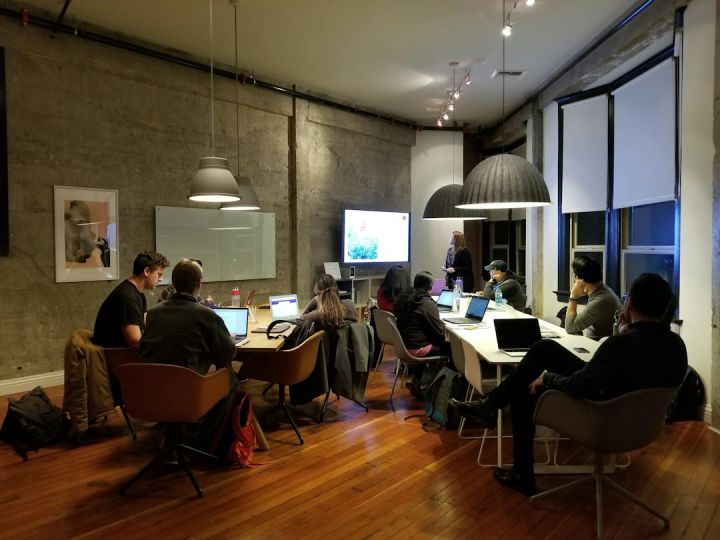How Can Career Development Programs Boost Loyalty?
In today’s competitive job market, employee loyalty is a highly sought-after trait. Employers recognize that retaining talented individuals can have a significant impact on their bottom line. One effective way to cultivate loyalty among employees is by implementing career development programs. These programs provide opportunities for growth and advancement, inspiring employees to stay committed to their organization. In this article, we will explore how career development programs can boost loyalty and why they are a valuable investment for companies.
Creating a Sense of Purpose
One of the main reasons why career development programs can boost loyalty is that they help employees find a sense of purpose in their work. When individuals feel that their job aligns with their long-term career goals, they are more likely to stay motivated and engaged. Career development programs provide employees with a clear path for advancement, allowing them to see how their current role fits into their future aspirations. This clarity fosters a sense of purpose, making employees more dedicated to their work and the organization as a whole.
Enhancing Skill Sets
Another way career development programs boost loyalty is by offering employees the opportunity to enhance their skill sets. These programs often include training sessions, workshops, and mentoring programs that enable employees to develop new skills or refine existing ones. When employees are given the chance to grow professionally, they feel valued and invested in by their organization. This investment in their development creates a sense of loyalty, as employees recognize that their company is invested in their success.
Promoting Career Advancement
Career development programs are designed to foster upward mobility within an organization. By providing employees with a clear path for advancement, these programs motivate individuals to strive for higher positions. When employees see that their hard work and dedication can lead to promotions and increased responsibilities, they are more likely to stay committed to their organization. Career advancement opportunities instill a sense of loyalty, as employees feel that their efforts are being recognized and rewarded.
Increasing Job Satisfaction
Job satisfaction is a crucial factor in employee loyalty. Career development programs play a significant role in enhancing job satisfaction by providing employees with opportunities for growth and professional development. When employees feel that they are continuously learning and developing new skills, they are more likely to feel satisfied with their work. Moreover, these programs often include regular performance evaluations and feedback, enabling employees to understand their strengths and areas for improvement. This feedback loop helps employees feel valued and supported, further increasing their job satisfaction and loyalty.
Fostering a Positive Work Culture
Career development programs also contribute to the creation of a positive work culture. When employees see that their organization is committed to their growth and development, it creates a sense of camaraderie and support. Employees are more likely to collaborate, share knowledge, and support one another when they feel that their organization values their individual growth. A positive work culture fosters loyalty, as employees feel connected to their organization and their colleagues.
Conclusion: Empowerment and Retention
Career development programs are a valuable investment for companies looking to boost employee loyalty. By creating a sense of purpose, enhancing skill sets, promoting career advancement, increasing job satisfaction, and fostering a positive work culture, these programs empower employees and make them more likely to stay committed to their organization. In a competitive job market, organizations that prioritize career development are more likely to retain their top talent and build a loyal workforce.






